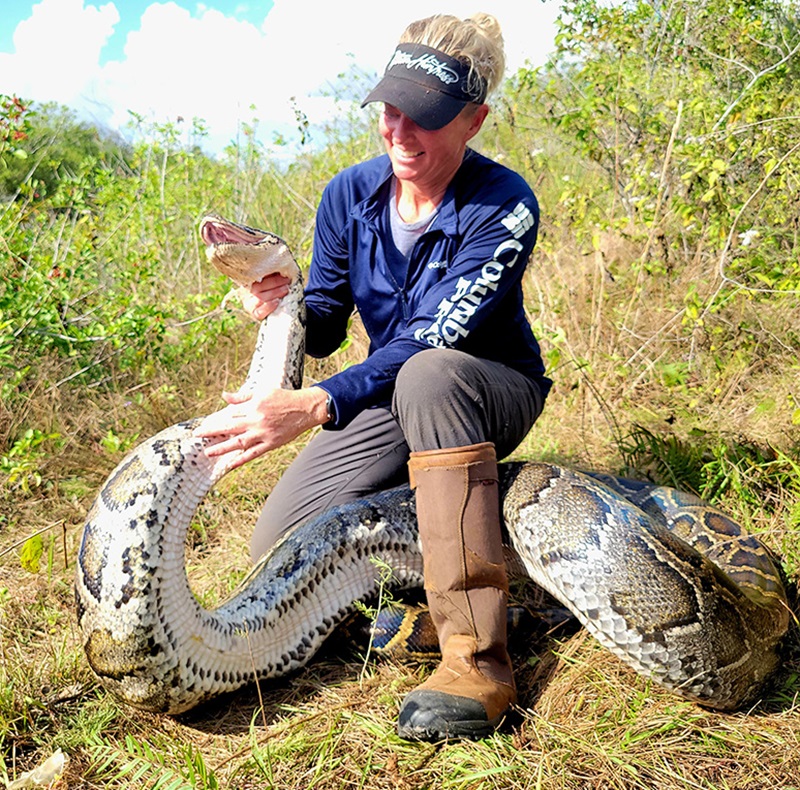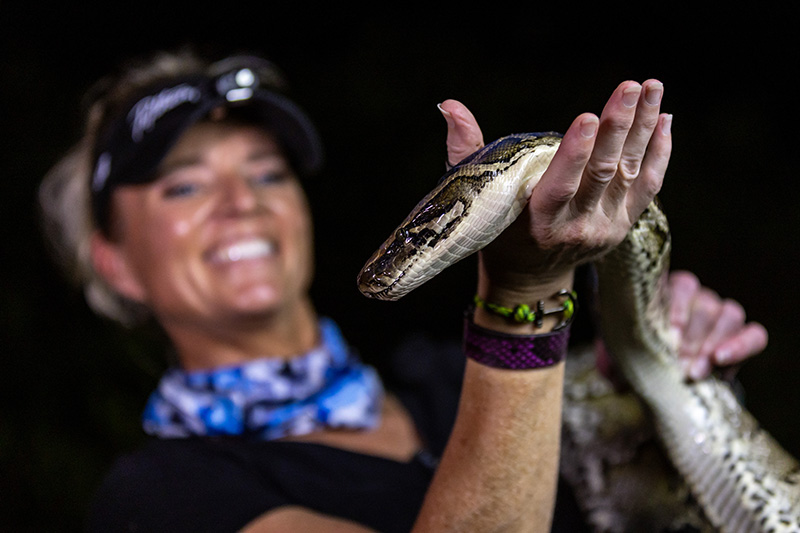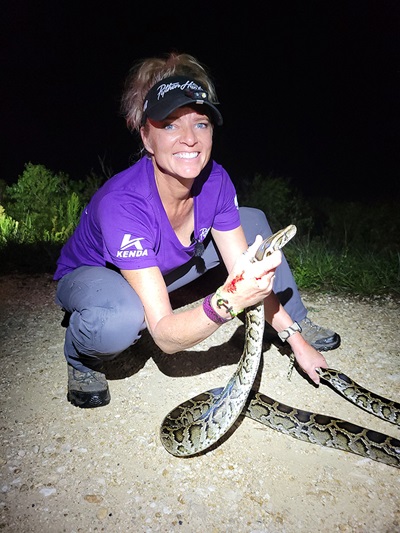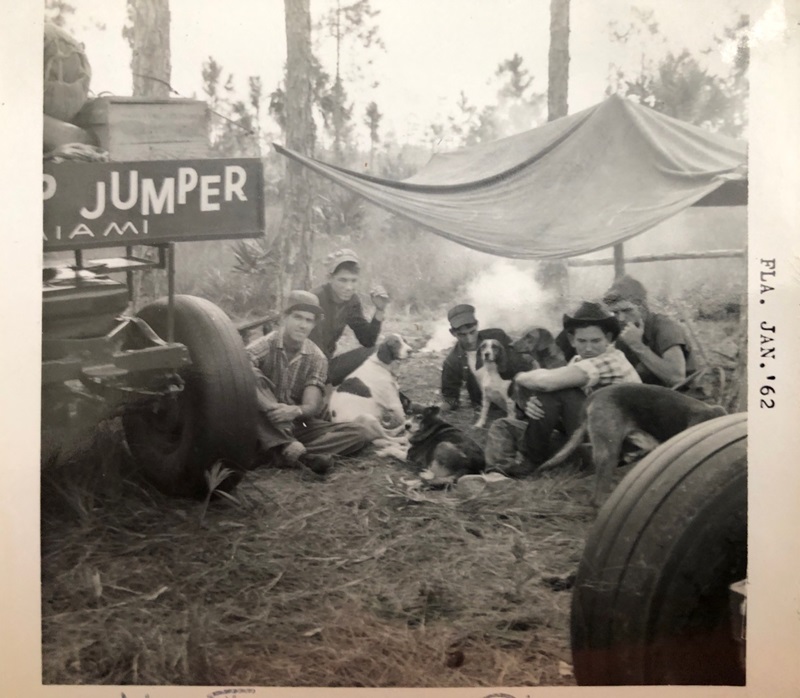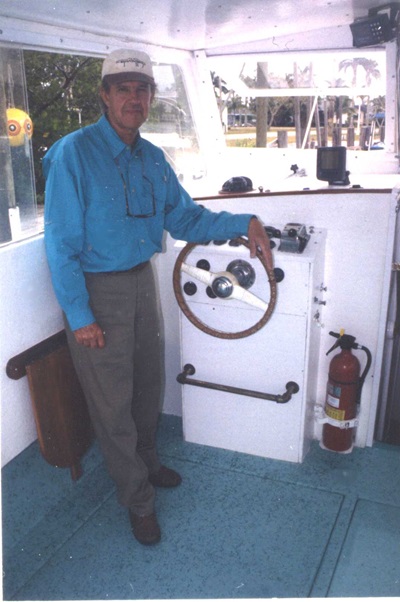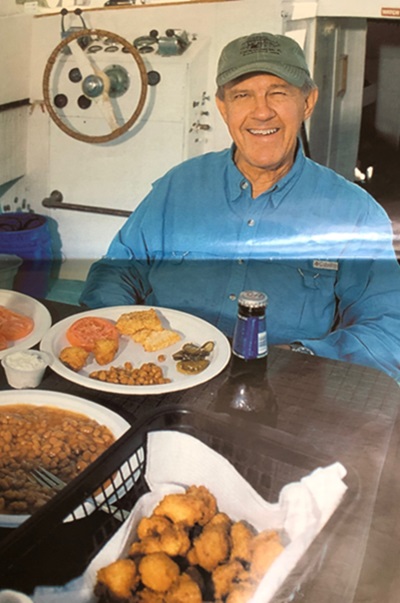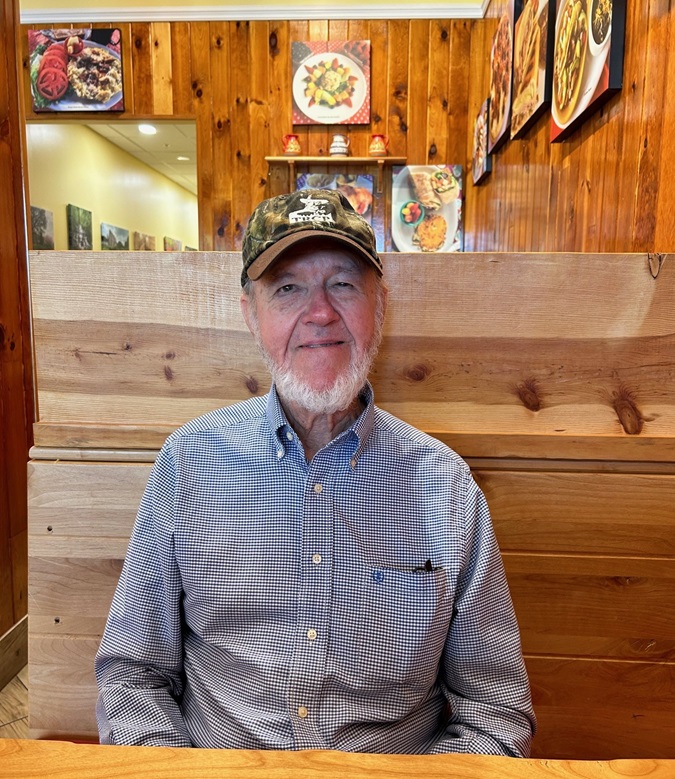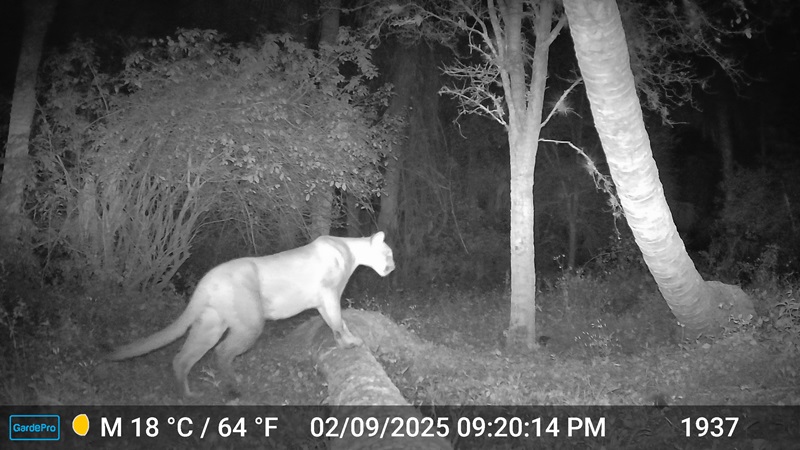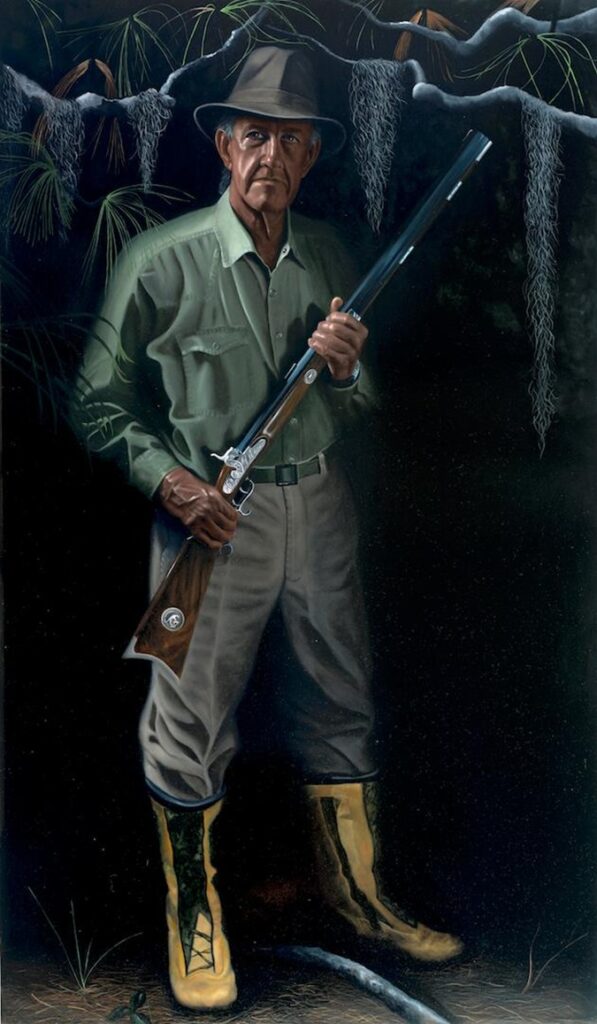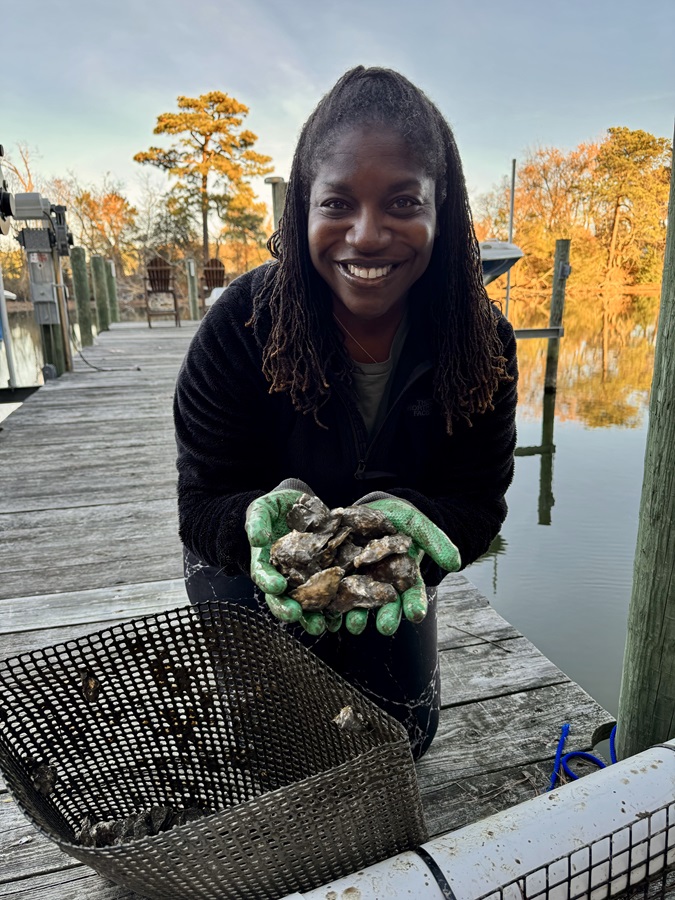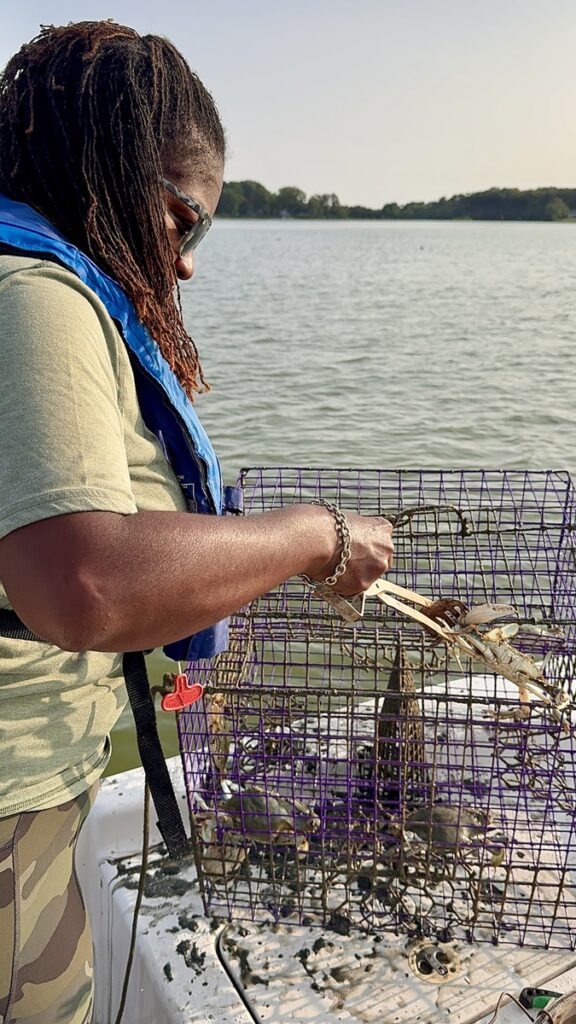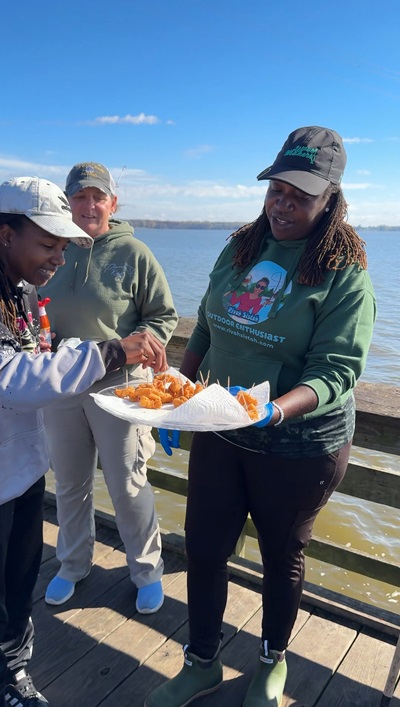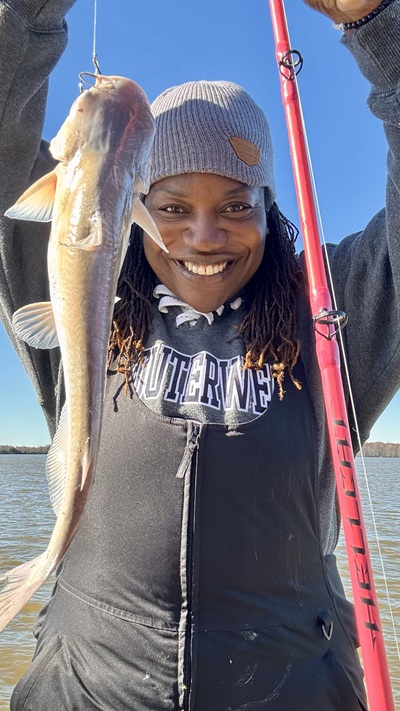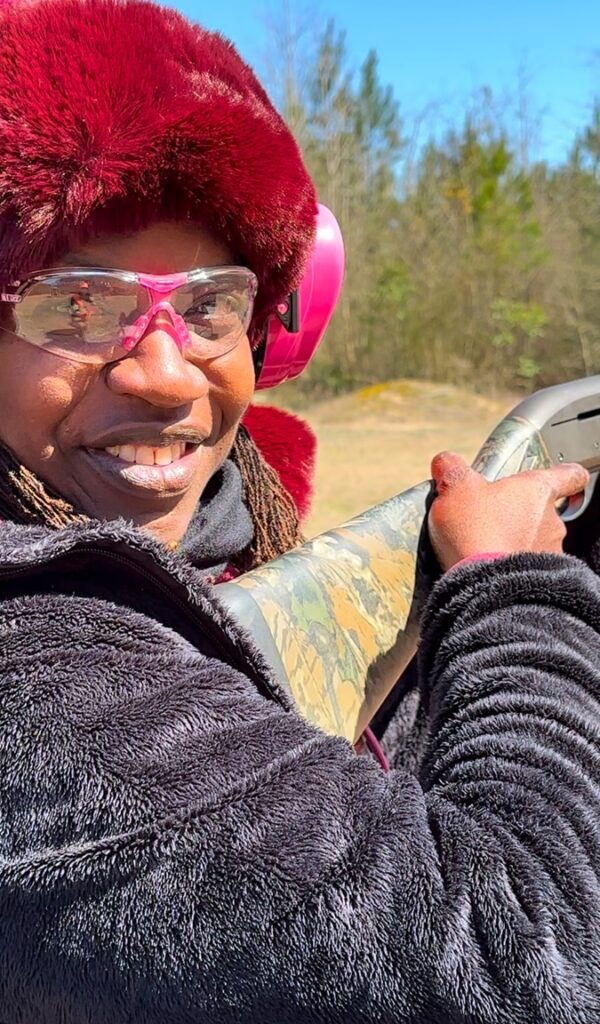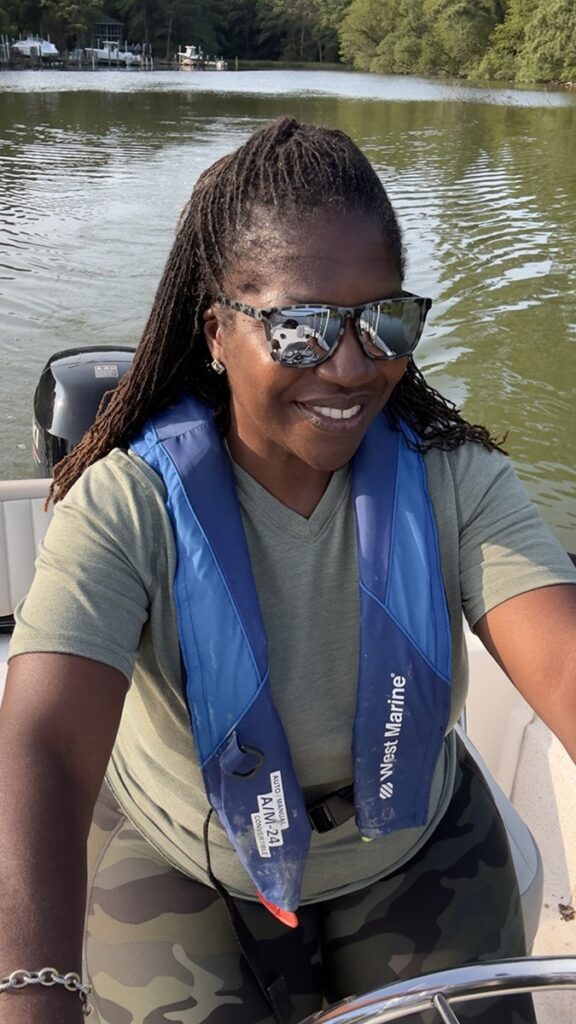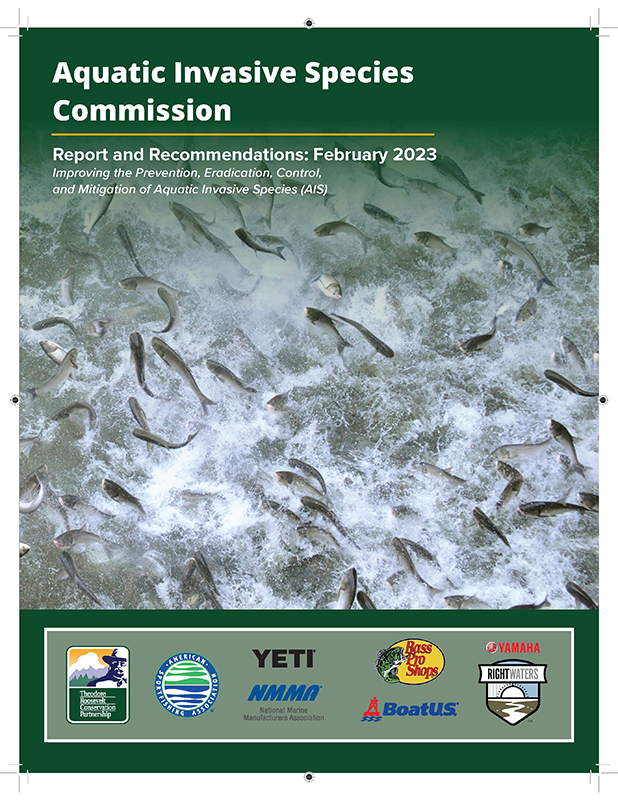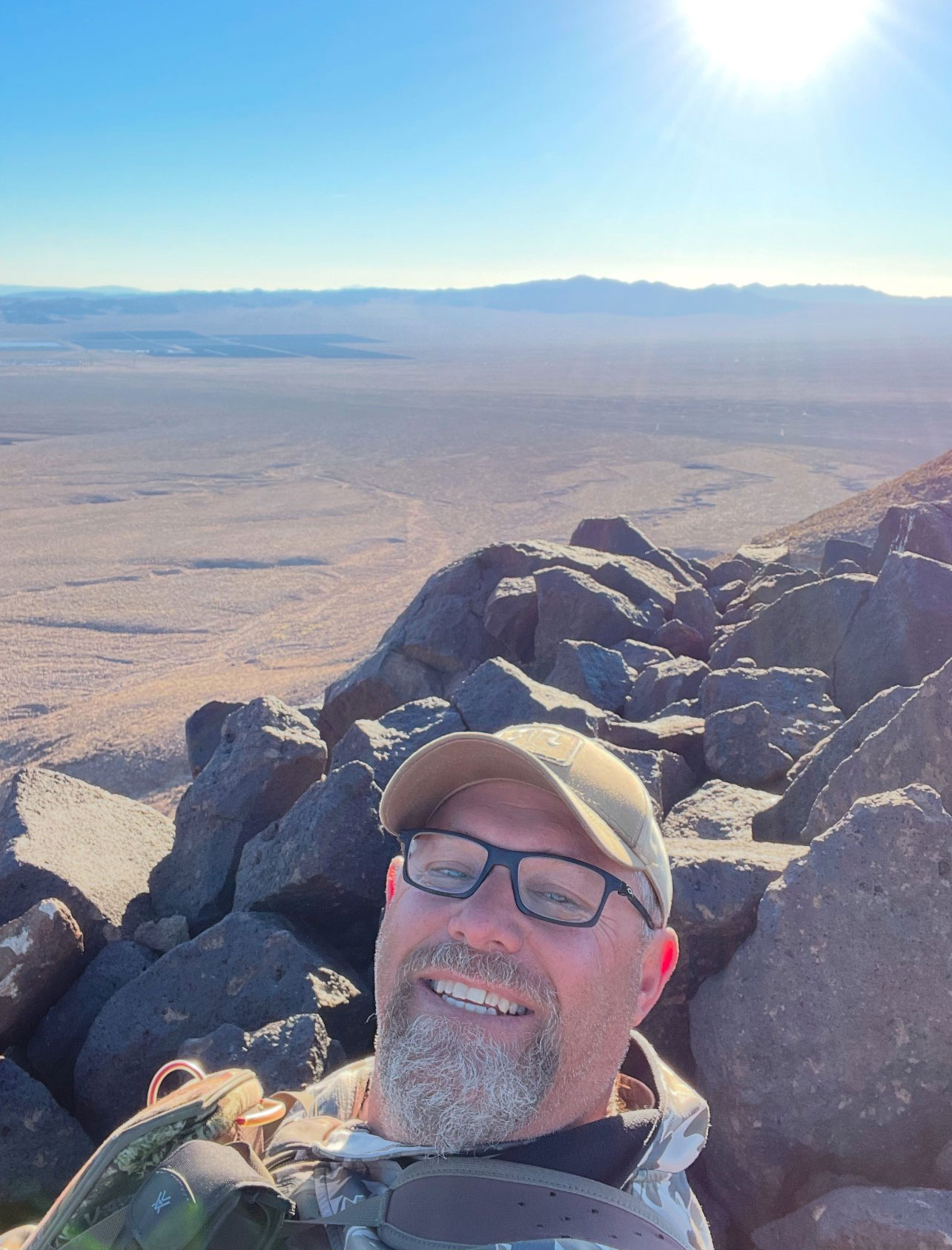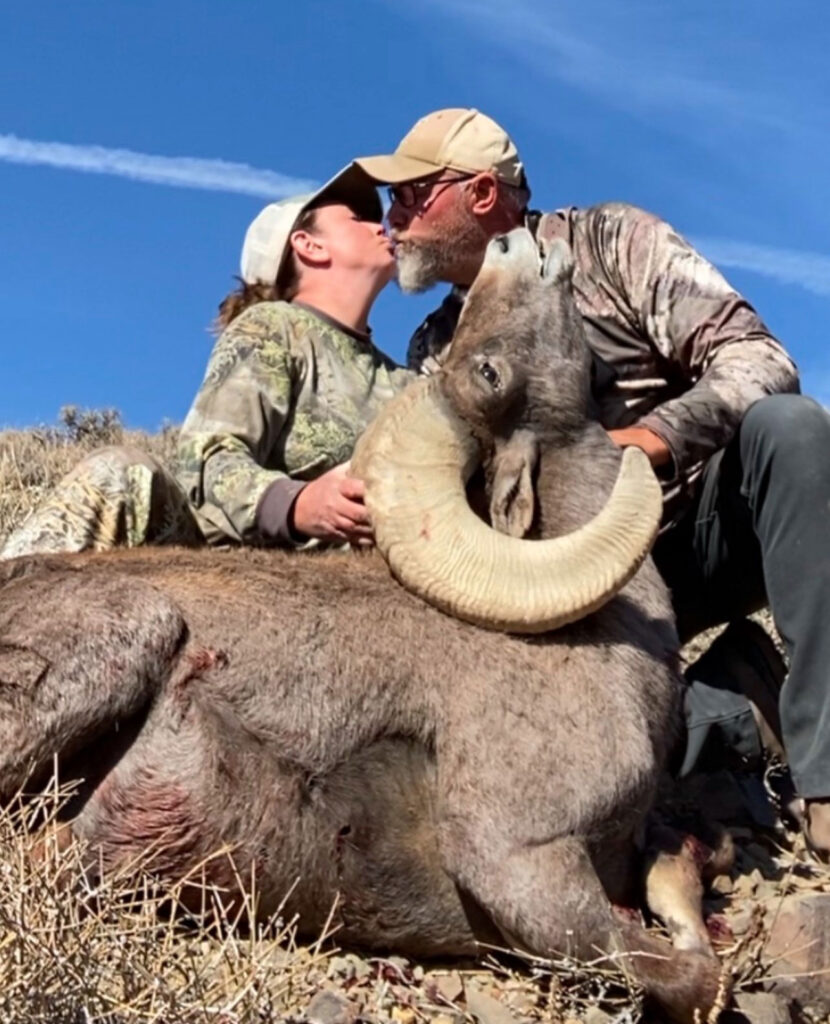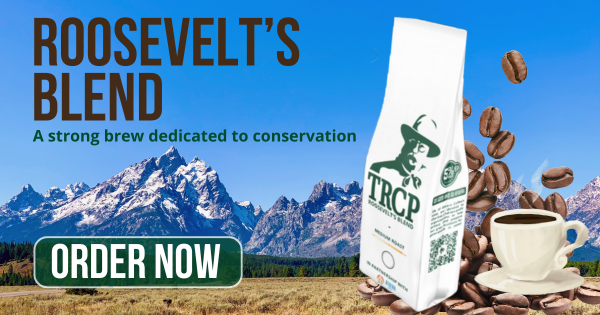TRCP’s “In the Arena” series highlights the individual voices of hunters and anglers who, as Theodore Roosevelt so famously said, strive valiantly in the worthy cause of conservation.
Leland Brown
Hometown: Portland, Oregon
Occupation: North American Non-lead Partnership co-founder / Oregon Non-lead Hunting Education Program Manager / Ph.D. candidate Portland State University
Conservation credentials: Brown carries a degree in environmental biology and is currently researching the terminal performance of hunting ammunition for his Ph.D. at Portland State University.
After graduating with a degree in environmental biology, Brown started working professionally conducting invasive species management projects and taught himself to hunt on his own time. Since then, Brown has hunted big game and upland birds across the West, most recently in Oregon. After realizing the unintended impacts lead left in carcasses and gut piles of shot animals has on scavenging birds of prey as well as other mammals and birds that feed on the carrion, Brown co-founded the North American Non-lead Partnership, which promotes voluntary best management practices, including the use of lead-free ammunition.
Here is his story.
TRCP: How were you introduced to hunting, fishing, and the outdoors? Who introduced you?
Brown: I was originally introduced to fishing and the outdoors growing up in the White Mountains of New Hampshire. My family would go fishing in the rivers and lakes in the White Mountains, and I have hiked and camped my whole life. I had always been interested in hunting but didn’t have mentors who hunted to teach me how.
My older brother started hunting as a teenager with friends. He really introduced me to the mechanics of shooting and hunting. During university, that interest in hunting was cemented as I learned even more about hunting as a wildlife management tool, and the broader contribution to conservation. After graduating with a degree in environmental biology I started working professionally conducting invasive species management projects and taught myself to hunt on my own time. I’ve been lucky enough to meet a lot of talented hunters over the years and am always learning from people. I love to hunt and fish, and I like being with good people almost as much as the act of hunting or fishing.
TRCP: Tell us about one of your most memorable outdoor adventures.
Brown: I’ve been incredibly lucky in my adventures. It makes it hard to choose the most memorable one. I’ve done a lot of solo hunting over the years and had some incredible experiences in the field with no one else around.
One that sticks out to me was spending four hours laying behind my rifle in an open grassland canyon watching 15 cow and spike elk bed and feed. They finally stood up when a 5-point bull came up the canyon bottom and started barking at me. I made a shot on a cow 20 minutes before dark and finished butchering her by myself around 11:30 p.m. That solo experience was awesome, but the thing that really means a lot were the friends who dropped everything to help me pack that animal out when I needed the extra hands. Recently I have found a lot of joy in sharing time in the outdoors with my wife and other friends instead of going out solo.
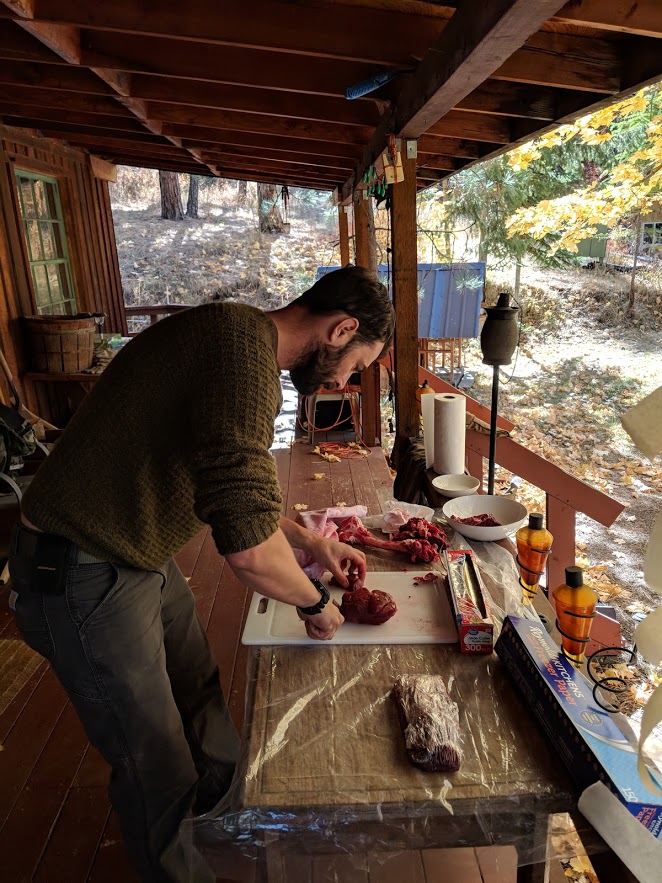
TRCP: If you could hunt or fish anywhere, where would it be and why?
Brown: This is a classic topic of conversation. I go two directions: 1) I love going to places that I have a past connection to. Continuing to experience a place and seeing the changes that occur over seasons and years whether it’s a river or a forest is awesome. 2) I want to go to new places and experience things I’ve never done before. Realistically, where has become less important than who for me these days. I want to spend the time outdoors with people who love the areas, love the activities, and I enjoy spending the time with. Whether it’s a place I’ve been 100 times, or my first time in an area, if I’m with the right people, then it’s where I want to be.
TRCP: How does conservation help enhance your outdoor life?
Brown: Conservation and the outdoors are inextricably intertwined for me. My professional career in conservation is so closely linked to the outdoor activities I enjoy that I cannot separate the two. Conservation and knowledge about the ecosystem inform my enjoyment of the outdoors. As is common with people who enjoy the outdoors, being involved in conservation—whether working on habitat, engaging in the process of wildlife management, choosing lead-free ammunition for hunting, or just working to make sure others are aware of the challenges we face—is a way to build a larger connection to our outdoor activities. Conservation provides the foundation and context for my time outdoors, both in making sure it’s there for the future, and in making sure my activities only cause the impact I desire.
If we want to see hunting and angling continue through the next century, I strongly believe that conservation cannot be lip service. It must have active participation from hunters and anglers, and we need to tell the story to the public.
TRCP: What are the major conservation challenges where you live?
Brown: There are a lot of challenges for conservation. One of the biggest that I’ve been focused on is either apathetic or unaware members of the community. For all the conservation challenges we face, we need engaged, active participation to be successful. One of the reasons I shifted from field work to engage more in conservation information and education is that I see the need across all these current issues—habitat loss, migration disruption, changing ecosystems, lead exposure, and disease—will require engaging with not just our fellow hunters and anglers, but also members of the general public. Not only do we have to engage, but we need to do it in a way that builds partnerships between different groups who may not have historically seen themselves as potential partners. We need to shift from conflict in conservation to cooperation to really address the wide variety of issues we are facing in conservation today.
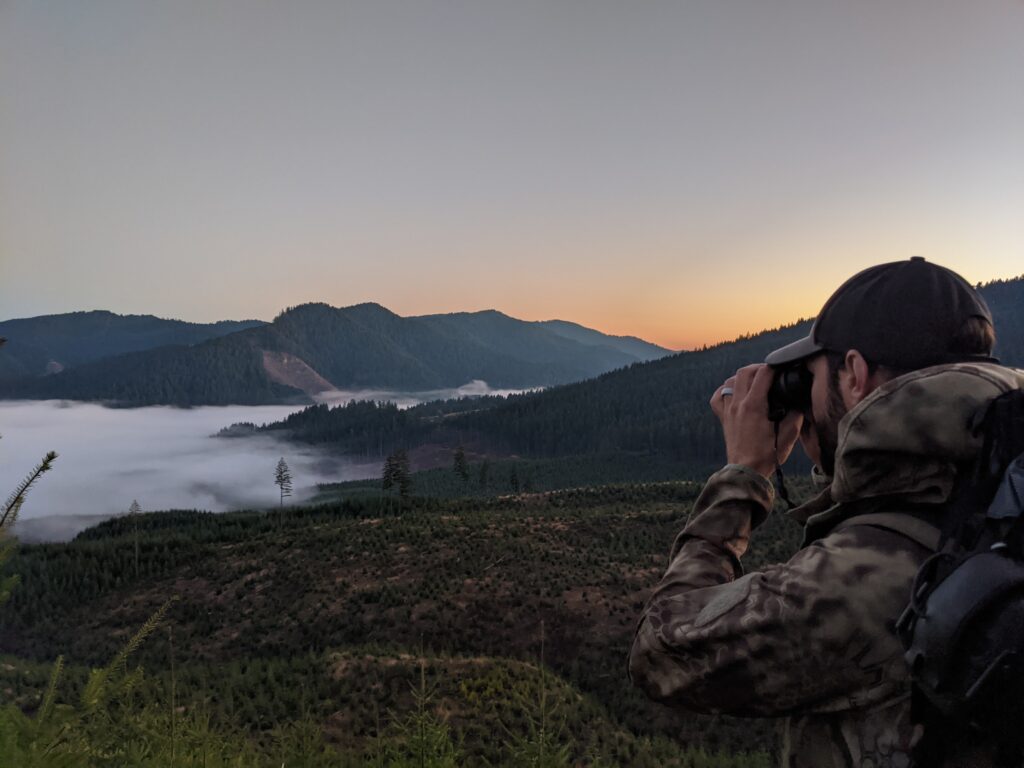
TRCP: Why is it important to you to be involved in conservation?
Brown: A lot of people talk about leaving things better for the next generation. For me, being actively involved in conservation is my opportunity to contribute not just to the next generation of people who want to have these incredible opportunities in the wild, but also making sure that the entire ecosystem, including people, is in better shape than when I started. It’s a small way of attempting to give back to the lands and wildlife that have sustained me and inviting others into those places. I see the need for active efforts to promote conservation, hunting, and fishing that connect to building strong, resilient ecosystems.
TRCP: Why should conservation matter to the next generation of hunters and anglers?
Brown: Conservation, hunting, and angling need to continue to be connected for our outdoor activities to remain relevant and sustainable. If we want to see hunting and angling continue through the next century, I strongly believe that conservation cannot be lip service. It must have active participation from hunters and anglers, and we need to tell the story to the public. We have a lot of people in America who are supportive of hunting and angling. Conservation is one of the ways we can connect our activities to people who have never had the experience in the field and do it in a way where they leave excited about what we contribute to the resources owned by the public and managed for their benefit. Hunting can contribute to conservation, but we need hunters (and anglers) to be conservationists for us to maintain public support.
Photo credits: Leland Brown
The TRCP is your resource for all things conservation. In our weekly Roosevelt Report, you’ll receive the latest news on emerging habitat threats, legislation and proposals on the move, public land access solutions we’re spearheading, and opportunities for hunters and anglers to take action. Sign up now.

